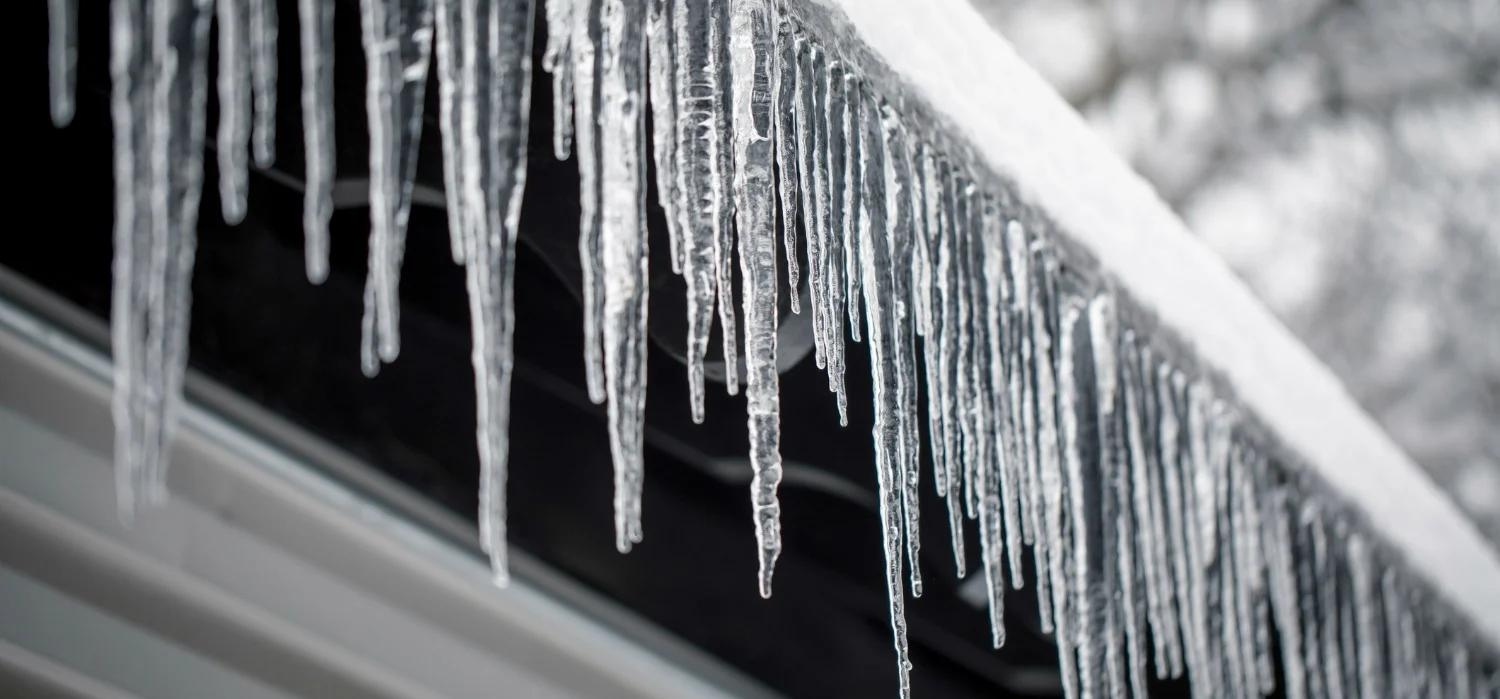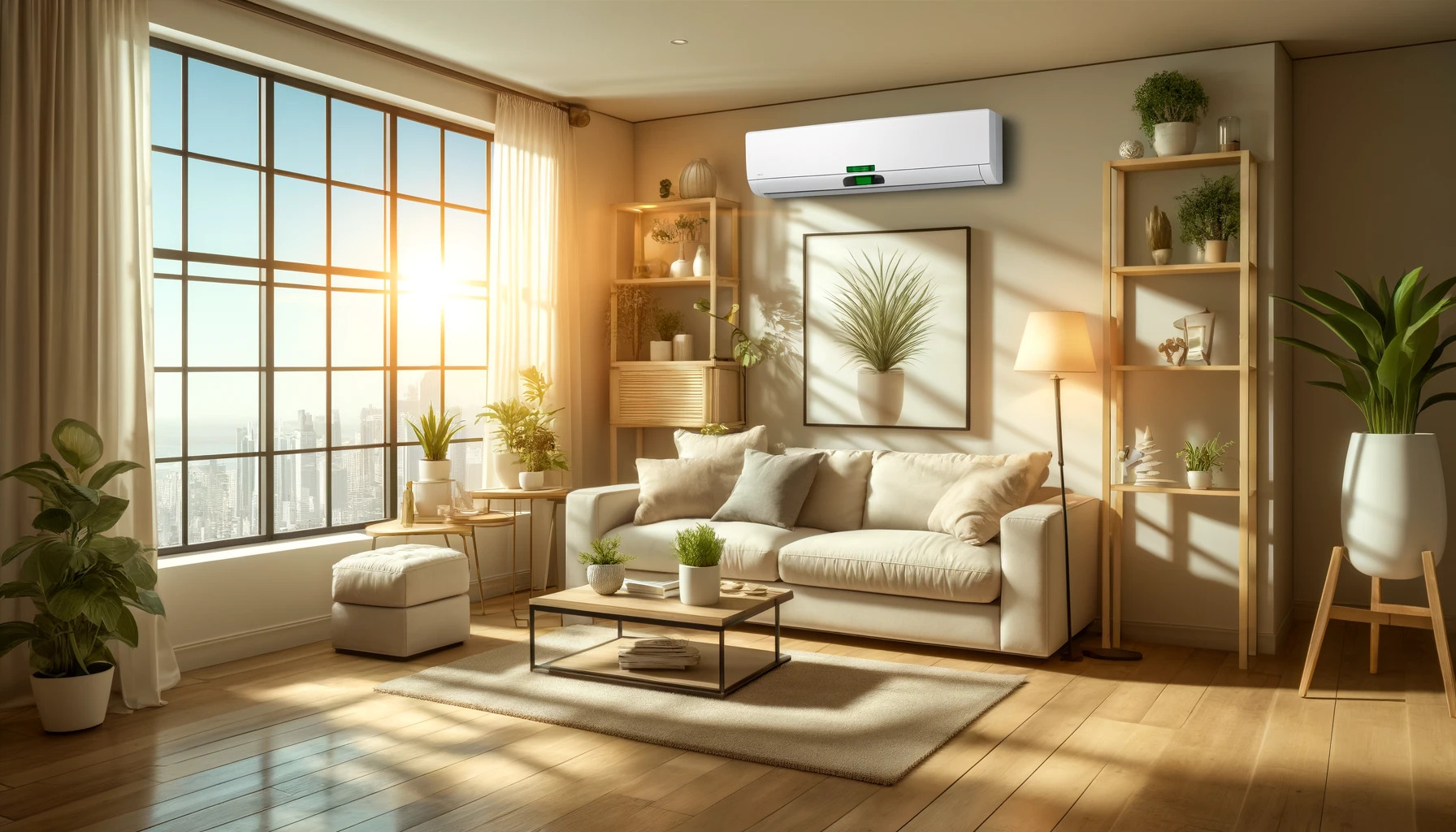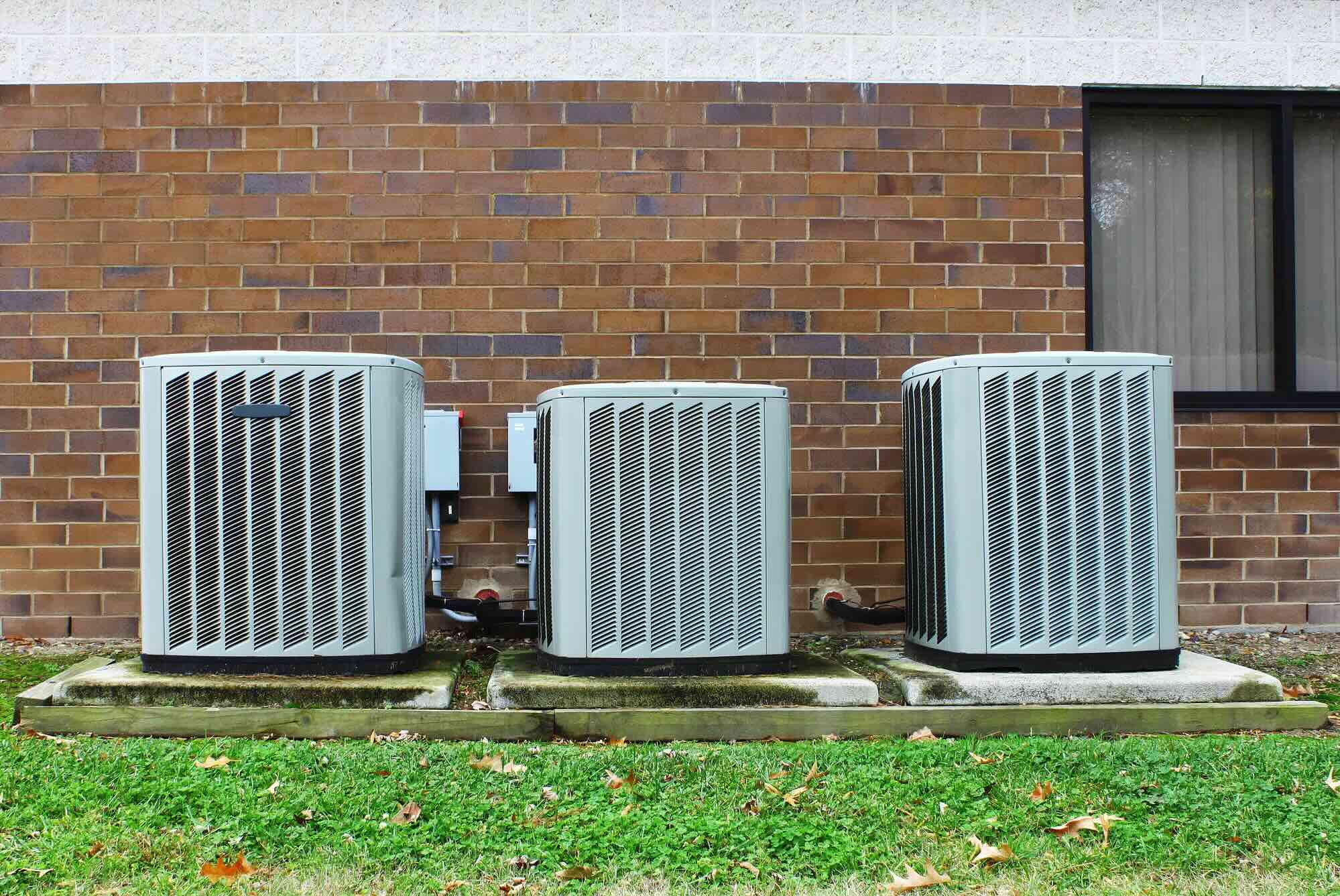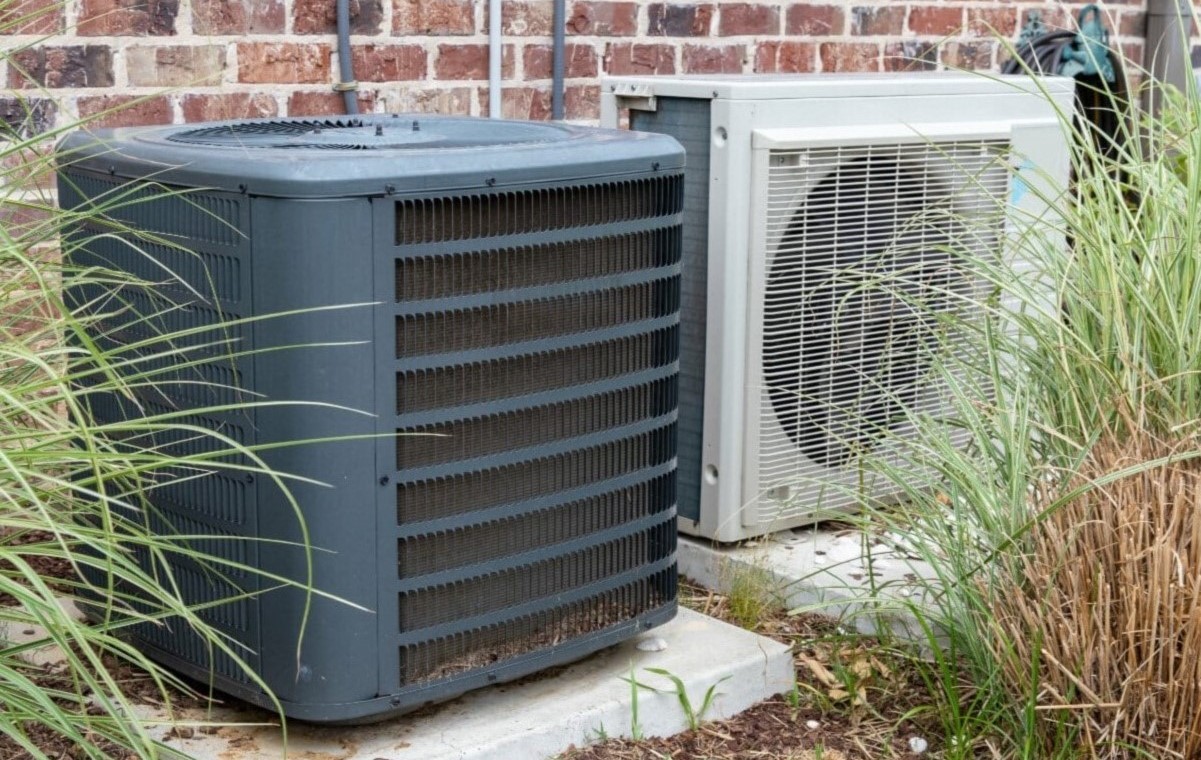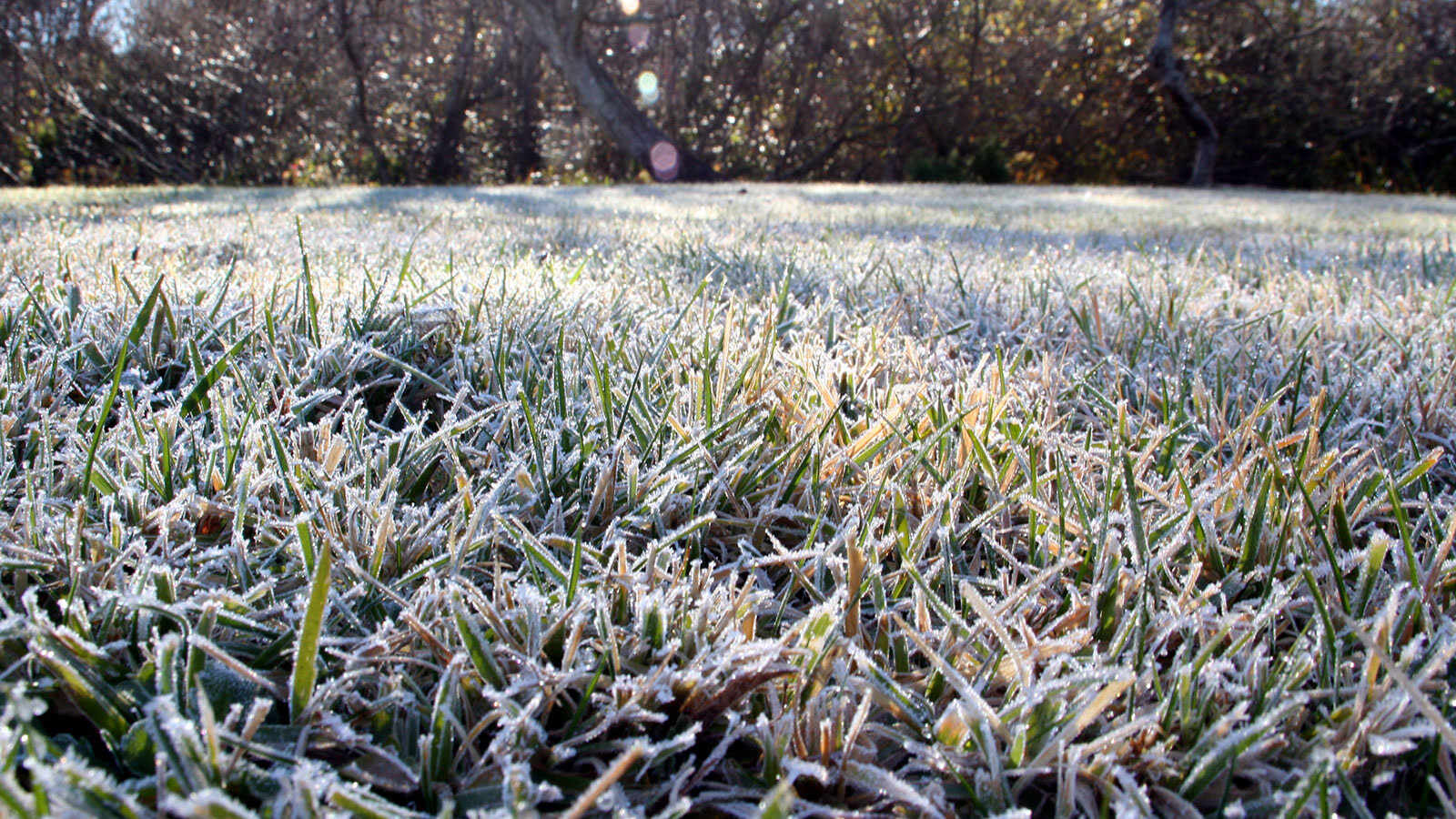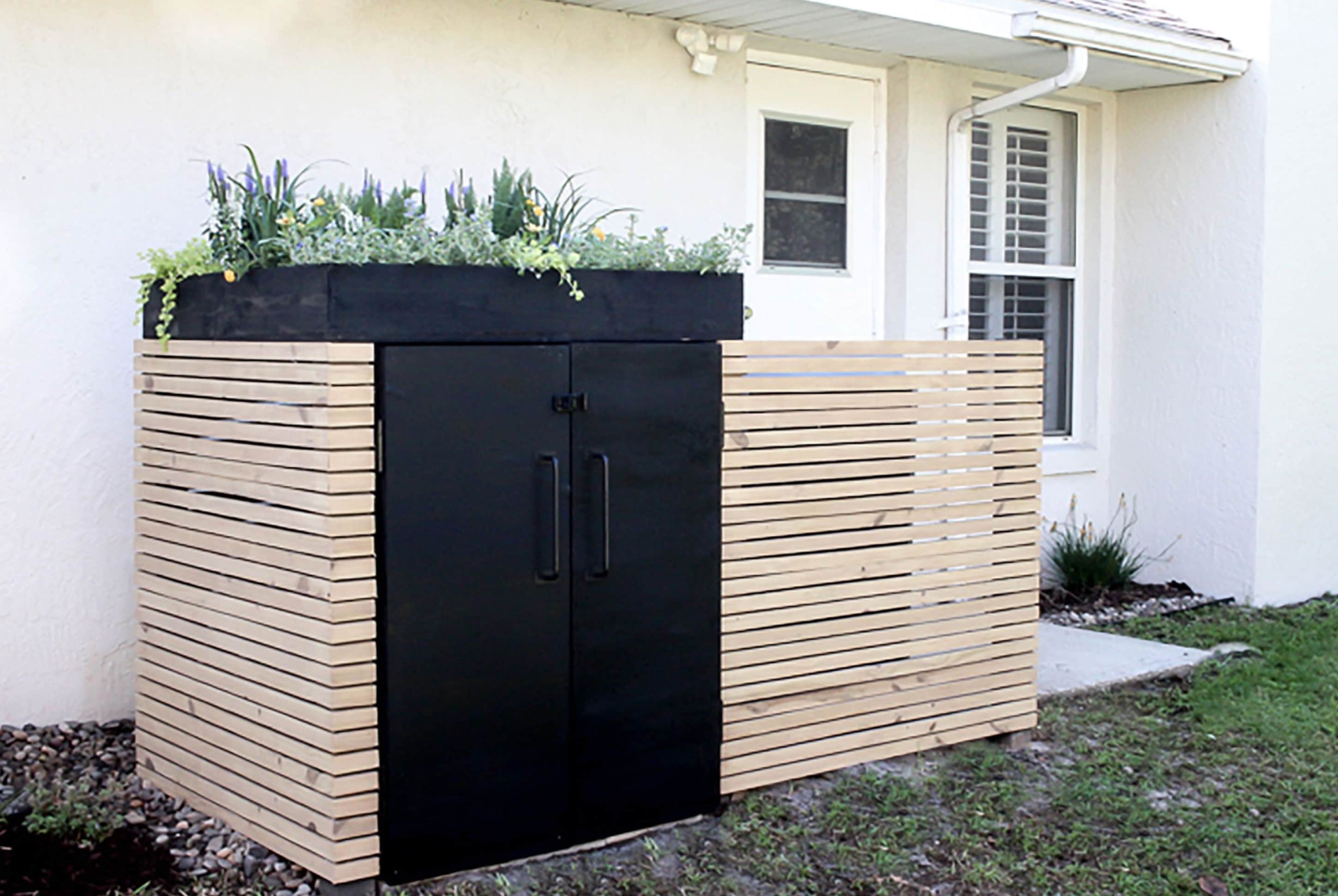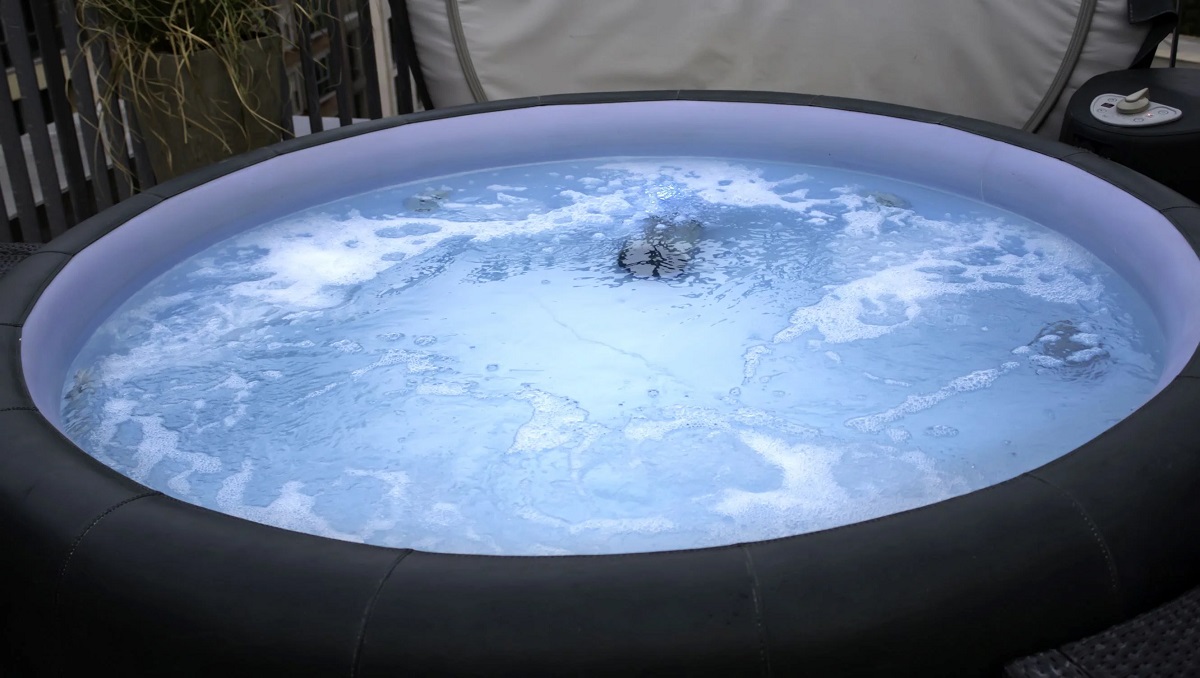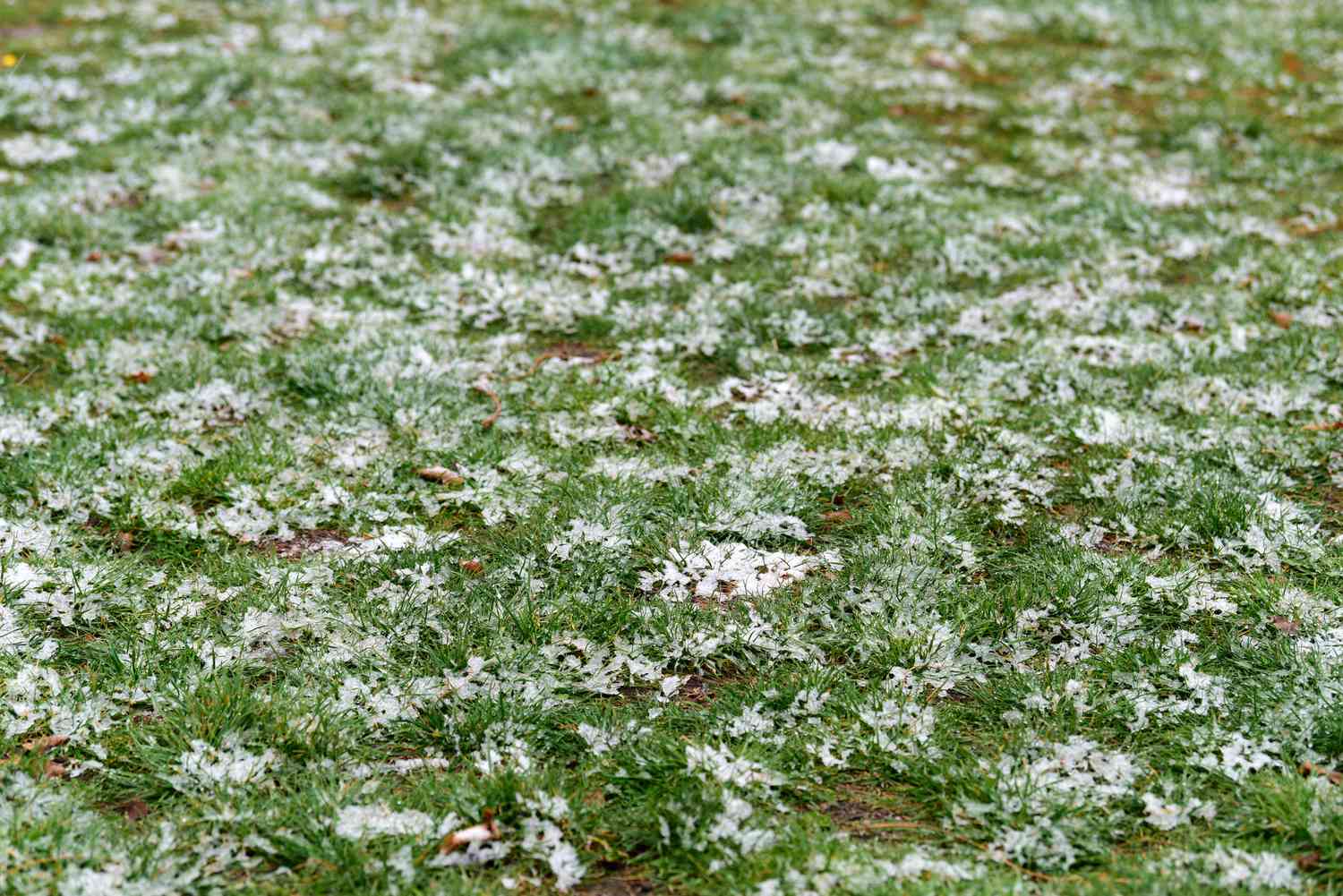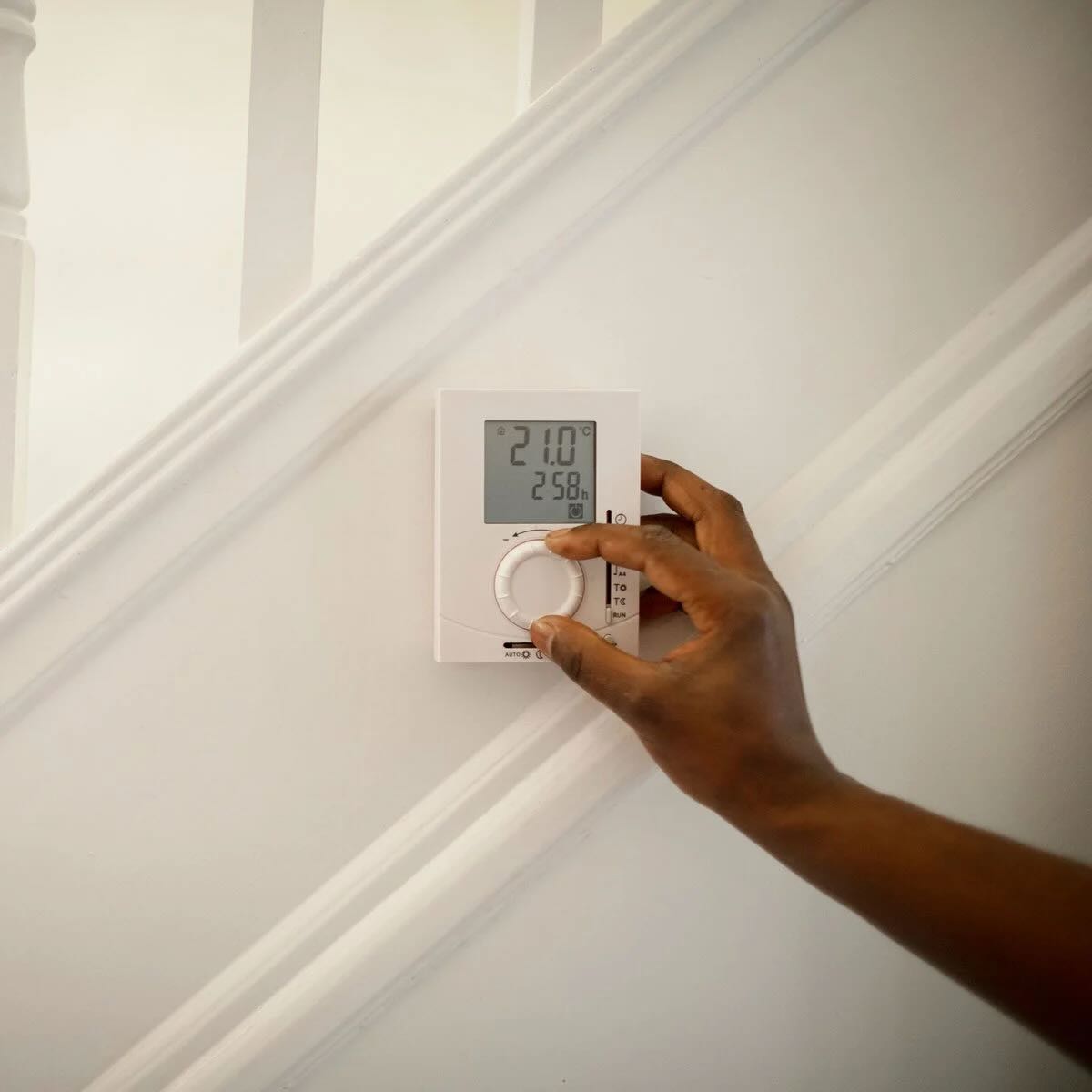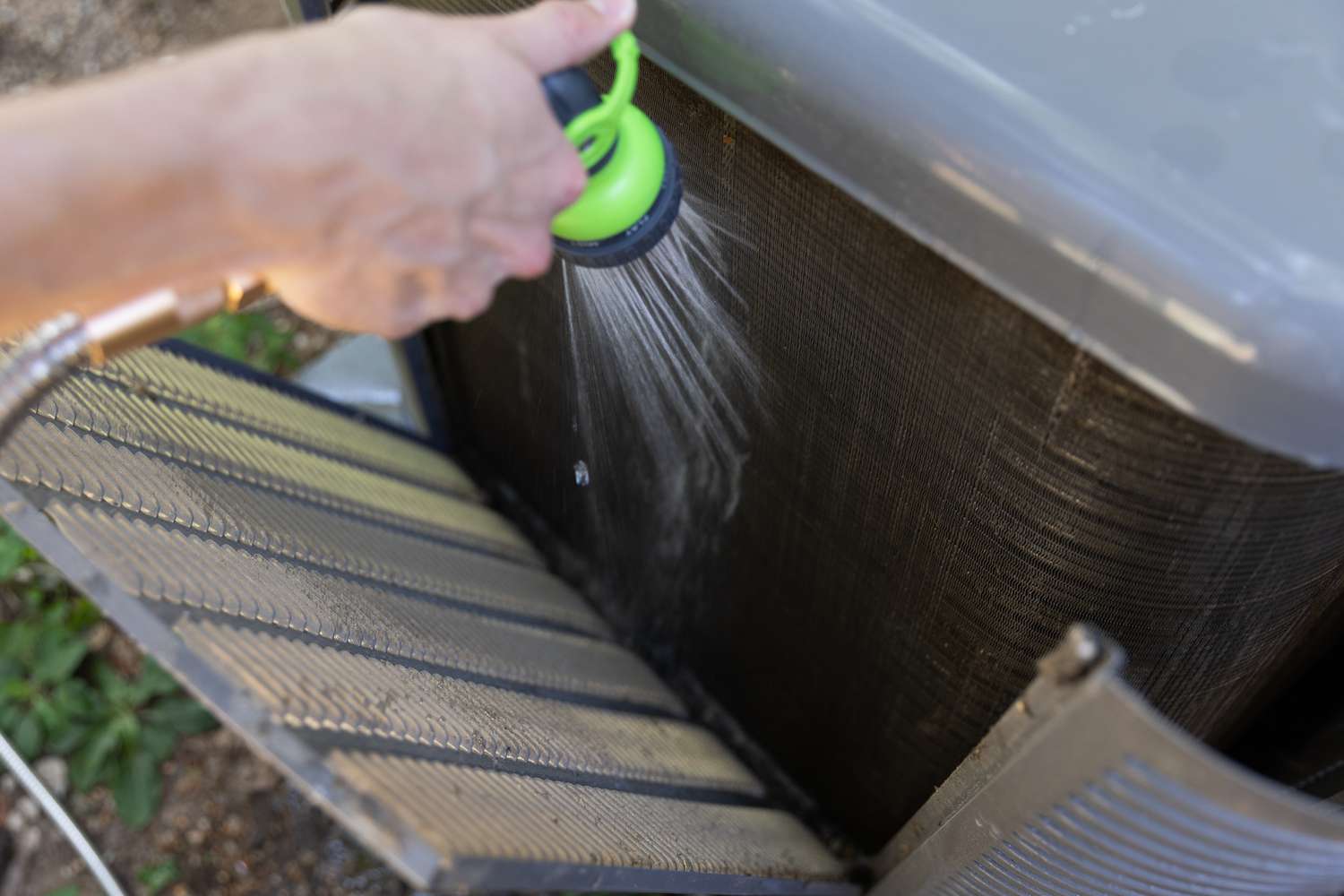Home>Home Maintenance>What Outside Temperature Is Too Cold For An Air Conditioner
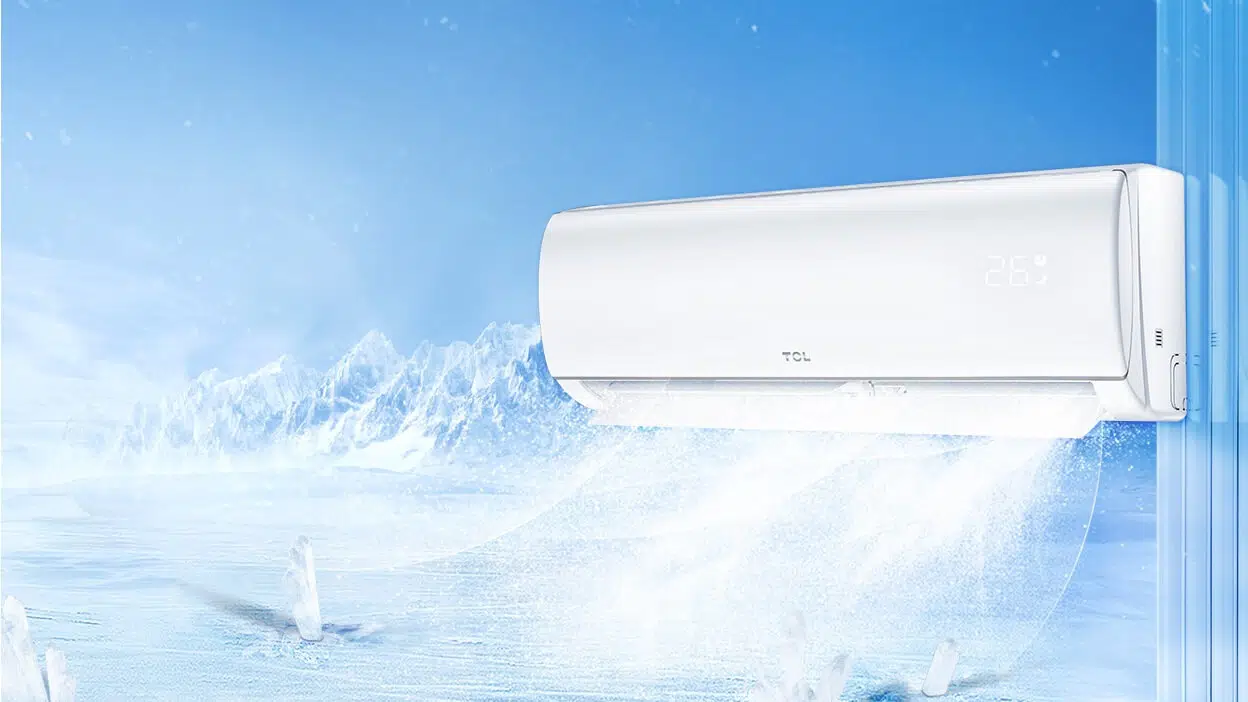

Home Maintenance
What Outside Temperature Is Too Cold For An Air Conditioner
Modified: September 2, 2024
Find out the ideal temperature for your air conditioner during cold weather. Ensure proper home maintenance and avoid excessive heating with our expert tips.
(Many of the links in this article redirect to a specific reviewed product. Your purchase of these products through affiliate links helps to generate commission for Storables.com, at no extra cost. Learn more)
Introduction
As the temperatures begin to drop, you may find yourself wondering what outside temperature is too cold for an air conditioner. While air conditioners are primarily designed to cool indoor spaces during hot weather, they also play a crucial role in maintaining comfortable indoor temperatures all year round. However, operating an air conditioner in extremely cold weather can have adverse effects on its performance and overall lifespan.
In this article, we will explore the factors that affect an air conditioner’s performance in cold temperatures, the recommended temperature range for air conditioner operation, the potential effects of cold temperatures on air conditioner performance, signs of air conditioner damage in cold weather, and important safety precautions to consider when using an air conditioner during chilly weather.
Understanding the impact of cold weather on your air conditioner can help you make informed decisions about its usage, enhance its efficiency, and ensure that you avoid potential damage.
So, let’s dive in and explore what you need to know about using your air conditioner in cold temperatures.
Key Takeaways:
- Don’t push your air conditioner too hard in the cold! Operating it in temperatures below 60°F can reduce efficiency, cause ice buildup, and lead to potential damage. Keep it within the 60-80°F range for optimal performance.
- Keep an eye out for signs of trouble! If you notice ice buildup, uneven heating, strange noises, or increased energy bills, it’s time to call in a professional for a thorough inspection and necessary repairs. Regular maintenance is key to a happy air conditioner!
Read more: What Temperature Is Too Cold To Mow Grass
Factors Affecting Air Conditioner Performance
Several factors come into play when considering how cold weather affects the performance of an air conditioner. Understanding these factors is essential in determining the ideal operating conditions for your unit.
1. Outdoor Temperature: The outside temperature directly impacts your air conditioner’s ability to function efficiently. Air conditioners operate by transferring heat from the inside of your home to the outside. In cold weather, the outdoor temperature drops significantly, making it challenging for the unit to extract heat effectively.
2. Refrigerant Temperature: Refrigerant is the substance that allows air conditioners to absorb and release heat. In cold weather, the refrigerant temperature decreases, which can result in reduced heat absorption and can potentially cause the refrigerant to freeze, leading to system damage.
3. Airflow: The flow of air around the outdoor unit plays a crucial role in an air conditioner’s performance. Cold temperatures can cause a decrease in airflow, especially if the unit is covered in ice or snow. Limited airflow restricts the unit’s ability to release heat, hindering its overall efficiency.
4. Insulation and Sealing: The insulation and sealing of your home also impact your air conditioner’s performance in cold weather. Proper insulation helps retain heat and prevent cold air from entering, allowing the air conditioner to operate more effectively. Insufficient insulation can lead to heat loss and make it harder for your unit to maintain a comfortable indoor temperature.
5. Thermostat Settings: The thermostat settings you choose can affect your air conditioner’s performance in cold weather. Setting the thermostat at too high of a temperature can cause the unit to cycle on and off frequently, straining its components. It is recommended to set the thermostat to a moderate temperature to achieve energy efficiency while avoiding excessive strain on the system.
By considering these factors, you can determine the best practices for operating your air conditioner in cold weather and ensure optimal performance and longevity.
Recommended Temperature Range for Air Conditioner Operation
While air conditioners are primarily associated with cooling, they can also provide heating functions in some models, making them suitable for year-round use. However, it’s important to note that air conditioners have limitations when it comes to their performance in cold temperatures.
The ideal temperature range for air conditioner operation in cold weather typically falls between 60°F (15°C) and 80°F (26°C). Operating your air conditioner within this range ensures optimal performance and energy efficiency.
It’s important to strike a balance between heating and cooling modes, especially in extreme cold conditions. If you set the temperature too high, the unit may overwork itself trying to reach that temperature, leading to increased energy consumption and potential damage to the system. On the other hand, setting the temperature too low may cause the unit to struggle to maintain the desired temperature, resulting in inefficient operation.
During winter months, it’s recommended to set your air conditioner to a temperature that is comfortable for you while still allowing the unit to operate efficiently. This way, you can avoid unnecessarily straining the system and ensure proper heating while maintaining energy efficiency.
Aside from temperature setting, there are a few additional considerations to keep in mind when operating your air conditioner in cold weather:
- Regularly clean and inspect the outdoor unit: Removing debris, such as leaves and ice, from the outdoor unit helps to improve airflow and prevent damage caused by blockages.
- Monitor the system for signs of ice formation: If you notice ice building up on the outdoor unit, turn off the air conditioner and allow it to thaw before using it again. Operating the unit with ice can lead to further damage and decreased efficiency.
- Ensure proper insulation and sealing: Adequate insulation of your home reduces heat loss and enhances the effectiveness of your air conditioner in maintaining a comfortable indoor temperature.
By following these recommendations and being mindful of the temperature range, you can optimize the performance of your air conditioner in cold weather and enjoy a comfortable indoor environment.
Effects of Cold Temperatures on Air Conditioner Performance
Cold temperatures can have several effects on the performance of your air conditioner. Understanding these effects can help you make informed decisions about using your unit in chilly weather and take necessary precautions to prevent damage.
1. Reduced Efficiency: As the outside temperature drops, the efficiency of your air conditioner decreases. The evaporator coil responsible for cooling the air may struggle to reach the set temperature, resulting in reduced cooling capacity. This can cause the unit to run for longer periods, consuming more energy to achieve the desired indoor temperature.
2. Icing of Components: Cold weather can lead to the formation of ice on various components of the air conditioner. The condenser coil, outdoor unit fan, and refrigerant lines are particularly susceptible to ice buildup. Ice restricts proper airflow and inhibits heat transfer, decreasing the unit’s performance and potentially leading to system malfunctions.
3. Potential Damage to Compressor: The compressor is the heart of your air conditioner and is sensitive to extreme temperatures. In cold weather, the compressor may be at risk of damage due to lower oil viscosity and increased strain on its components. This can result in reduced efficiency and, in severe cases, complete compressor failure.
4. Refrigerant Issues: Cold temperatures can cause the refrigerant in your air conditioner to become sluggish, reducing its ability to effectively absorb and release heat. This can lead to poor heat transfer and potentially cause the refrigerant to freeze. When the refrigerant freezes, it can cause damage to the compressor and other components of the system.
5. Increased Energy Consumption: In cold weather, air conditioners may require more energy to operate efficiently. The system may need to work harder to maintain the desired indoor temperature, resulting in increased energy consumption and higher utility bills.
It’s important to be aware of these effects and take appropriate measures to mitigate potential damage. Regular maintenance, including cleaning the outdoor unit, monitoring for ice buildup, and scheduling professional maintenance checks, can help ensure your air conditioner remains in optimal condition even in cold temperatures.
Moreover, consulting with an HVAC professional can provide additional guidance on the proper operating procedures to follow in cold weather and address any specific concerns related to your unit.
By understanding the effects of cold temperatures on your air conditioner’s performance, you can take proactive steps to protect your unit and maintain a comfortable indoor environment throughout the year.
An air conditioner is not designed to operate efficiently in temperatures below 60°F (15°C). Running it in colder temperatures can cause damage and reduce its lifespan. It’s best to switch to a heater in cold weather.
Signs of Air Conditioner Damage in Cold Temperatures
Operating an air conditioner in cold temperatures can potentially lead to damage if proper precautions are not taken. It’s important to be vigilant and watch for any signs of damage or malfunction. Here are some common signs to look out for:
1. Ice buildup on the outdoor unit: If you notice excessive ice formation on the outdoor unit, it is a clear indication of a problem. Ice restricts airflow and inhibits the unit’s ability to transfer heat effectively. This can lead to decreased performance and potential damage to the compressor and other components.
2. Reduced or uneven heating: If your air conditioner is struggling to maintain a consistent temperature, especially in colder areas of your home, it could be a sign of damage. This can be due to issues such as restricted airflow, refrigerant problems, or compressor damage.
3. Unusual noises: Pay attention to any strange or unusual noises coming from your air conditioner. Sudden grinding, rattling, or squealing noises can indicate mechanical issues, such as loose or damaged components. These problems might become more noticeable in colder temperatures.
4. Increased energy consumption: If you notice a significant increase in your energy bills during cold weather, it could be a sign that your air conditioner is working harder than usual to heat your home. This increased energy consumption may be due to inefficient operation caused by damage or other issues.
5. Delayed startup or frequent cycling: If your air conditioner takes longer to start up or frequently cycles on and off, it could indicate a problem with the system. These issues can be caused by various factors, including refrigerant problems, thermostat malfunctions, or damage to the compressor.
6. Inadequate heating performance: If your air conditioner is struggling to provide sufficient warmth and maintain a comfortable indoor temperature, it could be a sign of damage or inefficiency. This can cause discomfort and can indicate problems with the unit’s heating capabilities.
If you notice any of these signs, it’s essential to take prompt action to prevent further damage and ensure the longevity of your air conditioner. Contacting a professional HVAC technician for a thorough inspection and repair is recommended to diagnose the issue accurately and perform necessary repairs or maintenance.
Remember, regular maintenance and proper care are essential to keep your air conditioner functioning optimally, especially in cold temperatures. By addressing any signs of damage promptly, you can avoid more significant problems down the line and ensure the efficient operation of your unit.
Read more: What Temperature Is Too Cold To Water Grass
Safety Precautions for Using an Air Conditioner in Cold Temperatures
Using an air conditioner in cold temperatures requires careful attention to safety precautions to avoid potential hazards and to protect the integrity of the unit. Here are some essential safety measures to consider:
1. Clear the outdoor unit: Before operating your air conditioner in cold weather, ensure that the outdoor unit is free from any debris, including snow, ice, leaves, or branches. Clearing the unit allows for proper airflow and prevents damage to the system.
2. Monitor for ice buildup: Regularly inspect the outdoor unit for excessive ice buildup. If you notice ice formation, turn off the air conditioner and allow it to thaw completely before using it again. Operating the unit with ice can cause damage to the internal components and reduce its efficiency.
3. Ensure proper ventilation: Make sure that there is adequate ventilation around the outdoor unit. Avoid obstructing the unit with objects, shrubs, or other items that can restrict airflow. Insufficient ventilation can lead to overheating and potential damage to the unit.
4. Keep the area around the unit clear: Maintain a sufficient clearance around the outdoor unit, typically about 2 to 3 feet, to ensure proper airflow and prevent any hazards. Avoid placing objects or storing items near the unit that could obstruct its operation or cause damage.
5. Schedule regular maintenance: Regular maintenance is essential to keep your air conditioner in optimal condition, especially during cold weather usage. Schedule professional maintenance checks to inspect and service the unit, ensuring that it is functioning efficiently and free from any potential issues.
6. Protect the outdoor unit: Consider covering the outdoor unit with a specially designed air conditioner cover or a tarp to protect it from harsh weather conditions, such as heavy snow, ice, or strong winds. However, make sure not to fully enclose the unit, as this can trap moisture and lead to damage.
7. Follow manufacturer guidelines: Always refer to the manufacturer’s guidelines and recommendations for proper operation and maintenance of your specific air conditioner model. This includes temperature settings, maintenance schedules, and any additional safety instructions or precautions.
8. Consult with a professional: If you have any concerns or questions about the safe operation of your air conditioner in cold temperatures, it’s best to consult with a professional HVAC technician. They can provide expert advice, perform necessary repairs or maintenance, and ensure that your unit operates safely and efficiently.
By following these safety precautions, you can use your air conditioner in cold temperatures with peace of mind, maintaining a comfortable indoor environment while protecting the longevity and performance of your unit.
Conclusion
Using an air conditioner in cold temperatures requires careful consideration to ensure optimal performance, energy efficiency, and avoid potential damage. While air conditioners are primarily designed for cooling, they can still provide heating functions in colder weather. However, it’s essential to understand the factors that affect their performance and take necessary precautions to protect your unit.
Factors such as outdoor temperature, refrigerant temperature, airflow, insulation, and thermostat settings all play a role in determining the ideal operating conditions for your air conditioner in cold weather. By staying within the recommended temperature range of 60°F (15°C) to 80°F (26°C), you can strike a balance between comfort and energy efficiency.
Cold temperatures can have various effects on air conditioner performance, including reduced efficiency, ice buildup, potential compressor damage, refrigerant issues, and increased energy consumption. It’s important to monitor your unit for signs of damage, such as ice buildup, reduced heating performance, unusual noises, increased energy consumption, or delayed startup.
To ensure safe operation, take precautionary measures like clearing the outdoor unit of debris, monitoring and thawing ice buildup, ensuring proper ventilation and clearance, scheduling regular maintenance, protecting the outdoor unit from harsh weather conditions, and following manufacturer guidelines. Consulting with a professional HVAC technician can provide expert guidance and ensure the safe and efficient operation of your air conditioner.
By understanding the impact of cold temperatures on your air conditioner and implementing these safety precautions, you can protect your unit, maintain a comfortable indoor environment, and extend the lifespan of your air conditioner.
Remember, proper maintenance and regular professional checks are vital in keeping your air conditioner in optimal condition, regardless of the weather. With proper care and attention, your air conditioner can provide reliable cooling and heating performance year-round.
Frequently Asked Questions about What Outside Temperature Is Too Cold For An Air Conditioner
Was this page helpful?
At Storables.com, we guarantee accurate and reliable information. Our content, validated by Expert Board Contributors, is crafted following stringent Editorial Policies. We're committed to providing you with well-researched, expert-backed insights for all your informational needs.
